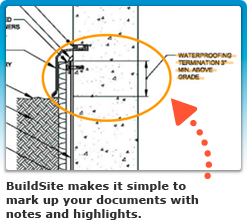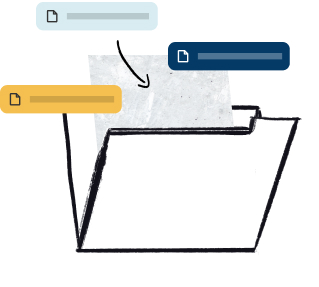Significance and Use
Walls, ceilings, and floors in building construction, especially those that are of lightweight construction, and that are designed to reduce or limit sound transmission, can have undesirable sound transmission characteristics if care is not taken to seal joints, voids, and penetrations that typically occur. Unsealed joints, voids, and penetrations will substantially increase the sound transmission characteristics of these types of construction. By sealing them the transmission of sound can be substantially diminished by eliminating “flanking paths.”
1. Scope
1.1 This practice provides information for the use of sealants to reduce sound transmission characteristics of interior walls, ceilings, and floors by proper application of sealants to joints, voids, and penetrations normally found in building construction, which are commonly referred to as “flanking paths.”
1.2 This standard does not purport to address all of the safety concerns, if any, associated with its use. It is the responsibility of the user of this standard to establish appropriate safety and health practices and determine the applicability of regulatory limitations prior to use.
1.3 The committee with jurisdiction over this standard is not aware of any comparable standards published by other organizations.
Reproduced, with permission, from the ASTM International website, copyright ASTM International, 100 Barr Harbor Drive, West Conshohocken, PA 19428. To purchase the complete standard, go to http://www.astm.org/.



